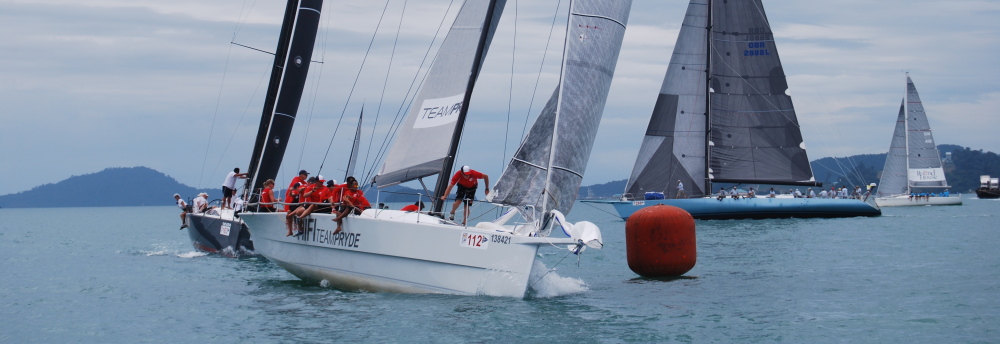‘Finding your way by sea’ is a literal definition of navigating, but the word is so powerful figuratively to the ‘English-speaking Peoples’ that the term and its associations have been widely borrowed for related uses. It now very commonly serves when you describe finding your way by land, by internet, and in the ‘course’ of your life.
‘Getting your bearings’ is such a common way of describing the need to assess your position in life that saying this is no longer a metaphor. An uncontroversial theory of language development argues that such a phrase does start out its life as a startlingly new and apt way of enlightening one thing by associating its characteristics with those of another thing, but that this ‘metaphoric quality’ fades into the established background of secondary meanings over time.
I think Shakespeare has a bearing on this. For example when Sir Toby Belch exhorts his friend to stun the lady of his affections with language ‘fire new from the mint’, the idea of ‘minting’ a new way of saying something was genuinely new and striking, but four centuries later it is a cliché.
The first object of navigation in boats and life is to establish your present position. Unless we can do this with reasonable accuracy we have no hope of choosing an appropriate direction to somewhere new.
At sea this position can either be expressed as a mark on a chart, or as values in the agreed co-ordinate system – latitude and longitude – which we use to indicate a point on the surface of the sphere on which we live. On a chart we first try to draw a ‘position line’ by lining up visible objects (landmarks or seamarks) that are located at different distances from us (and so are horizontally separated when not aligned).
We next try to establish our position on that line by taking compass bearings of two or three other visible objects at widely separated angles. To get this right, we need to take account the fact that compass needles do not align exactly with the rotational poles of the world. The difference between the magnetic north and the direction of the geographical pole is known as ‘variation’.
Thinking this over at the dead of night, while suffering jet lag due to my relocation yesterday some 9,000 miles east by south-east, I mused that in life and work there is an important difference between the direction that a magnetic leader takes you and a ‘true’ direction.
Another problem in life is ‘deviation’. At sea this describes the deflection of a compass needle due to the interference by magnetic forces other than those generated by the poles, including metal on the boat, or other anomalies. On land ‘deviation’ can cause a wide range of dangers!
However, I must now post this and get some sleep, or I will just be a ‘wreck’.

Hi Austen. Had a lovely chat with Jack tonight and she told me about your blog. It’s brilliant and I’m already hooked so keep posting as I can’t wait to read the next instalment. I think it’s fantastic what you are doing and can quite understand why you didn’t opt for the rainy old Solent for the course, though it could be argued that water is water where ever it is. Also v impressed that you have a blog up and running with photos to boot.
Dad was a navigator in the merchant navy and would have loved your musings.
Love Julie